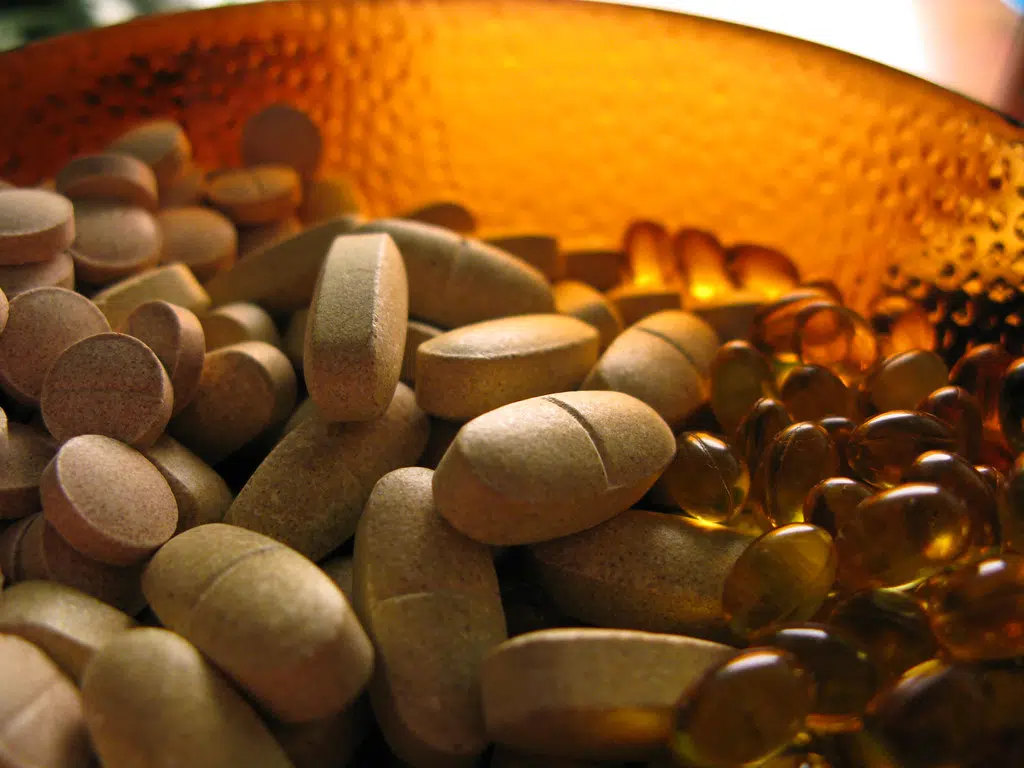☞ Vitamin D: helps us absorb calcium and is often called the “sunshine vitamin” because we produce it when we’re exposed to the sun. But with less sunshine in winter, our bodies may become deficient.
☞ Vitamin C: acts as an antioxidant and helps us absorb iron and heal wounds, and may help shorten colds and reduce symptoms. Some great sources of vitamin C include citrus fruits, cabbage and broccoli. (I’ll take the pills, thanks!)
☞ Zinc: is a nutrient that helps the function of your metabolism and immune system. There is also evidence that zinc can prevent severe reoccurrence of colds and can shorten the time of infection. (So, what did I take that Vitamin C for?)
☞ Magnesium: supports muscles, nerve function and energy, especially important during the colder season. Less daylight often results in a lack of energy, and can lead to seasonal affective disorder (SAD). Avocados, nuts, seeds, legumes and bananas are all great sources.
(I’ve been much happier since I changed from coffee in the morning to orange juice. My doctor says it’s the vitamin C, but I think it’s the vodka!)








Comments